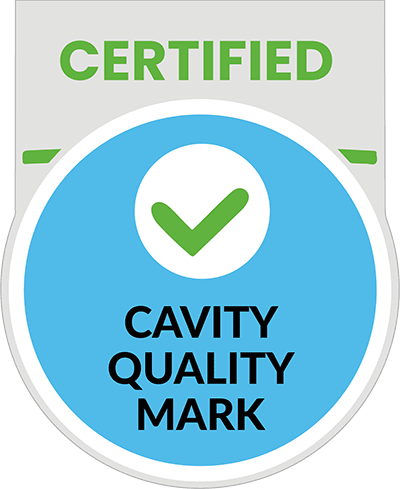Case Study 1: Addressing Punctuality Concerns
Scenario: Sarah, a dental nurse working on an agency basis, received feedback from multiple clients regarding her punctuality. Despite her excellent clinical skills, her frequent tardiness was becoming a concern for practice managers.
Response: Upon receiving the feedback, Sarah approached her agency to discuss the issue. She acknowledged the importance of punctuality in maintaining professional standards and patient care. Together with her agency, Sarah identified potential causes of her lateness, including traffic congestion during rush hour. To address this, Sarah adjusted her travel route and departure time, allowing for ample buffer time to account for unexpected delays. Additionally, Sarah committed to improved communication with practice managers, providing regular updates in case of unforeseen circumstances.
Outcome: Sarah's proactive approach to addressing punctuality concerns resulted in a noticeable improvement in her timeliness. Practice managers appreciated her efforts and noticed a positive change in her reliability. By actively seeking feedback and implementing practical solutions, Sarah not only enhanced her professional reputation but also reinforced her commitment to delivering high-quality patient care.
Case Study 2: Improving Communication Skills
Scenario: David, a newly qualified dental nurse working through an agency, received feedback from clients regarding his communication skills. Despite his clinical competence, clients expressed concerns about David's ability to effectively communicate with patients, leading to misunderstandings and potential dissatisfaction.
Response: Upon receiving the feedback, David reflected on his communication practices and sought guidance from his agency. Together, they identified areas for improvement, including active listening, clarity in instructions, and empathy towards patients' concerns. David enrolled in communication skills workshops and online courses to enhance his verbal and non-verbal communication techniques. Additionally, he shadowed experienced dental nurses during placements to observe effective communication strategies in action.
Outcome: Through dedicated efforts and ongoing support from his agency, David successfully improved his communication skills. Clients noticed a positive change in his interactions with patients, leading to increased satisfaction and trust in his abilities. David's commitment to addressing feedback not only strengthened his professional competence but also reinforced his value as a reliable dental nurse within the agency.
Case Study 3: Enhancing Clinical Competence
Scenario: Emily, an experienced dental nurse, received feedback from a clinician regarding her performance during a complex dental procedure. Despite her years of experience, the clinician observed lapses in Emily's clinical technique, particularly in instrument handling and infection control practices.
Response: Emily approached the clinician to discuss the feedback and gain a clear understanding of areas needing improvement. She acknowledged the importance of maintaining high clinical standards and expressed her commitment to addressing the identified deficiencies. Emily sought additional training opportunities, including advanced instrument handling courses and infection control workshops. She also collaborated with colleagues to implement peer-to-peer feedback sessions, allowing for constructive critique and skill refinement.
Outcome: Emily's proactive approach to addressing clinical feedback resulted in significant improvements in her performance. Clinicians noticed a marked enhancement in her technique and adherence to infection control protocols. Emily's dedication to continuous learning and professional development not only elevated her individual competence but also contributed to a culture of excellence within the dental practice.
To conclude, Feedback is an indispensable tool, offering insights, motivation, and opportunities for growth. By embracing both positive and negative feedback, nurses can thrive in their dynamic roles, continuously improving patient care and professional practice. Remember, good or bad, it is an opportunity for professional development.


